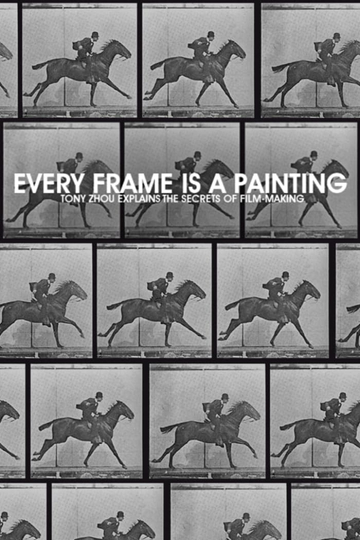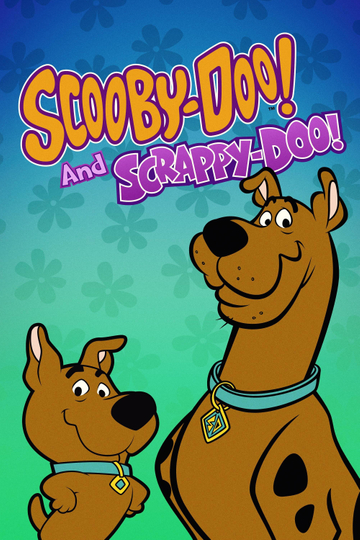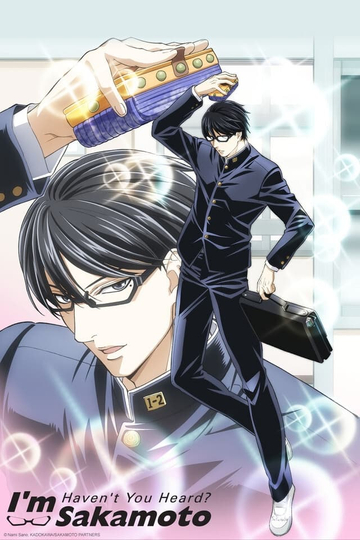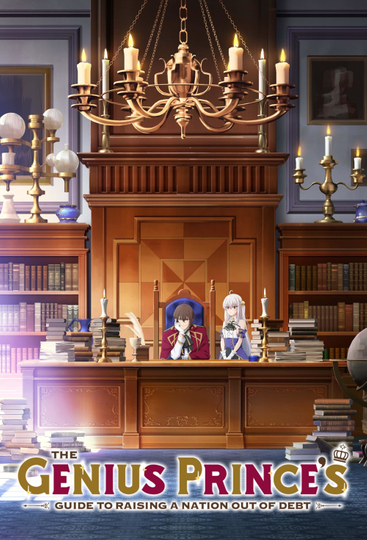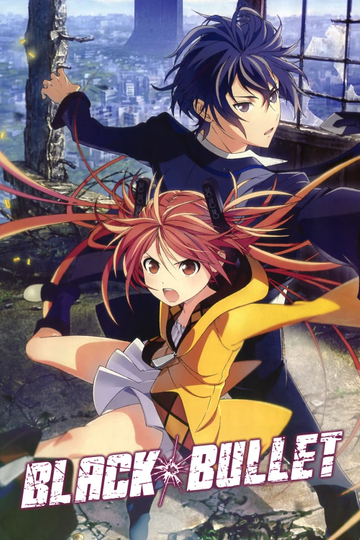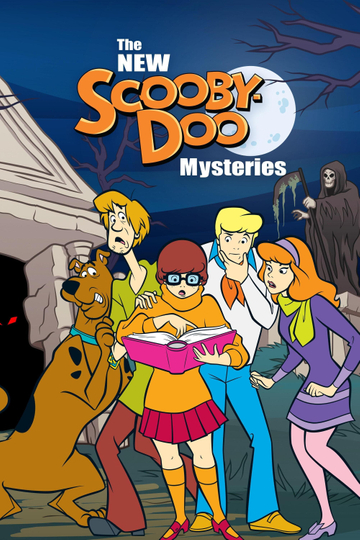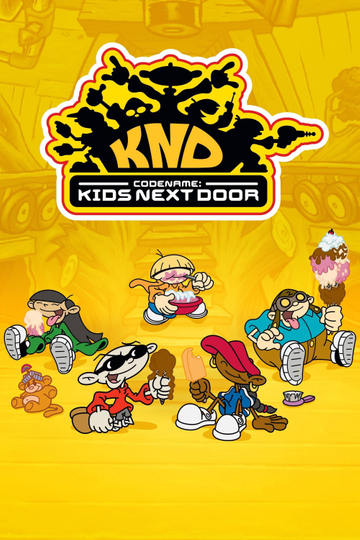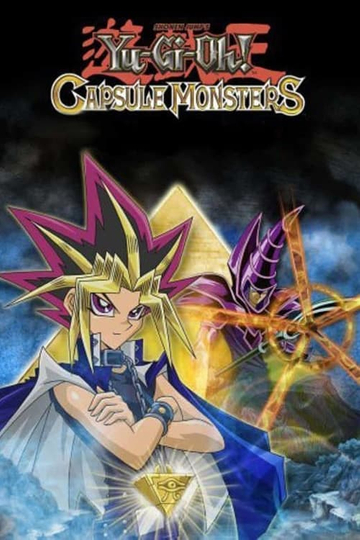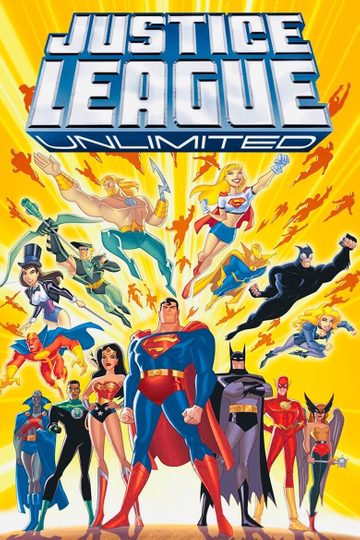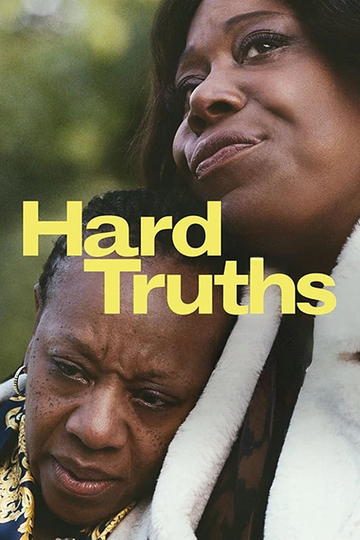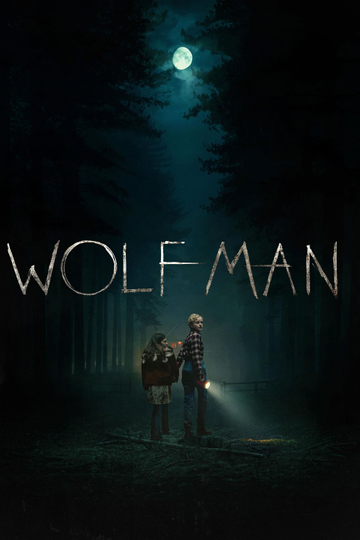Season 2 Episodes
1. The Bad Sleep Well (1960) - The Geometry of a Scene
One of Akira Kurosawa’s many gifts was staging scenes in ways that were bold, simple and visual. I’m working on a longer essay about him and this piece didn’t make the cut, so I’m releasing it as a short standalone video.
2. Drive (2011) - The Quadrant System
One of the many pleasures of Nicolas Winding Refn’s “Drive” (2011) is that the shots feel both tightly composed and weirdly unpredictable. Even though most of the images follow a simple quadrant system, Refn puts plenty of subtle touches within the frame.
3. Akira Kurosawa - Composing Movement
Can movement tell a story? Sure, if you’re as gifted as Akira Kurosawa. More than any other filmmaker, he had an innate understanding of movement and how to capture it onscreen. Join me today in studying the master, possibly the greatest composer of motion in film history.
4. F For Fake (1973) - How to Structure a Video Essay
If you want to make video essays, there’s no better film to study than Orson Welles’ 1973 masterpiece, F for Fake. There are a million lessons to take away from it, but today, let’s see what it has to teach us about structure. NO SPOILERS.
5. Lynne Ramsay - The Poetry of Details
What can one detail tell us about a scene? If you’re Lynne Ramsay: absolutely everything. Today I consider the poetic possibilities of cinema and one of our finest contemporary filmmakers.
6. In Praise of Chairs
One of the great things about detailed production design is that it pays off in unexpected ways. So today I explore the weird possibilities of that most common of objects: the chair.
7. Chuck Jones - The Evolution of an Artist
If you grew up watching Looney Tunes, then you know Chuck Jones, one of all-time masters of visual comedy. Normally I would talk about his ingenious framing and timing, but not today. Instead, I’d like to explore the evolution of his sensibilities as an artist.
8. Vancouver Never Plays Itself
Perhaps no other city has been as thoroughly hidden from modern filmmaking as Vancouver, my hometown. Today, it’s the third biggest film production city in North America, behind Los Angeles and New York. And yet for all the movies and TV shows that are shot there, we hardly ever see the city itself. So today, let’s focus less on the movies and more on the city in the background.
9. Buster Keaton - The Art of the Gag
Before Edgar Wright and Wes Anderson, before Chuck Jones and Jackie Chan, there was Buster Keaton, one of the founding fathers of visual comedy. And nearly 100 years after he first appeared onscreen, we’re still learning from him. Today, i’d like to talk about the artistry (and the thinking) behind his gags.
10. Memories of Murder (2003) - Ensemble Staging
How do you emphasize to the audience that something is important? Well, you could always cut to a close-up, but how about something subtler? Today I consider ensemble staging — a style of filmmaking that directs the audience exactly where to look, without ever seeming to do so at all. NO SPOILERS. Eight Ways to Get the Audience to Look at a Character: 1) Let Them Speak 2) Make Them Brighter or Bring Them Closer 3) Let Them Move (Especially Hands or Eyes) 4) Put Them in the Center of Frame 5) Turn Them Towards the Lens 6) Separate Them from the Group 7) Isolate Them by Moving the Camera 8) Have Other People Look at Them










